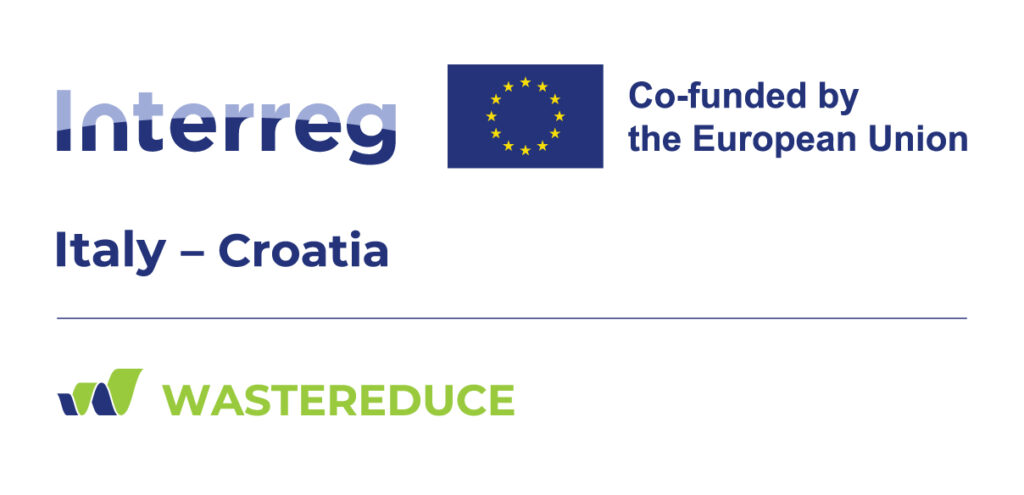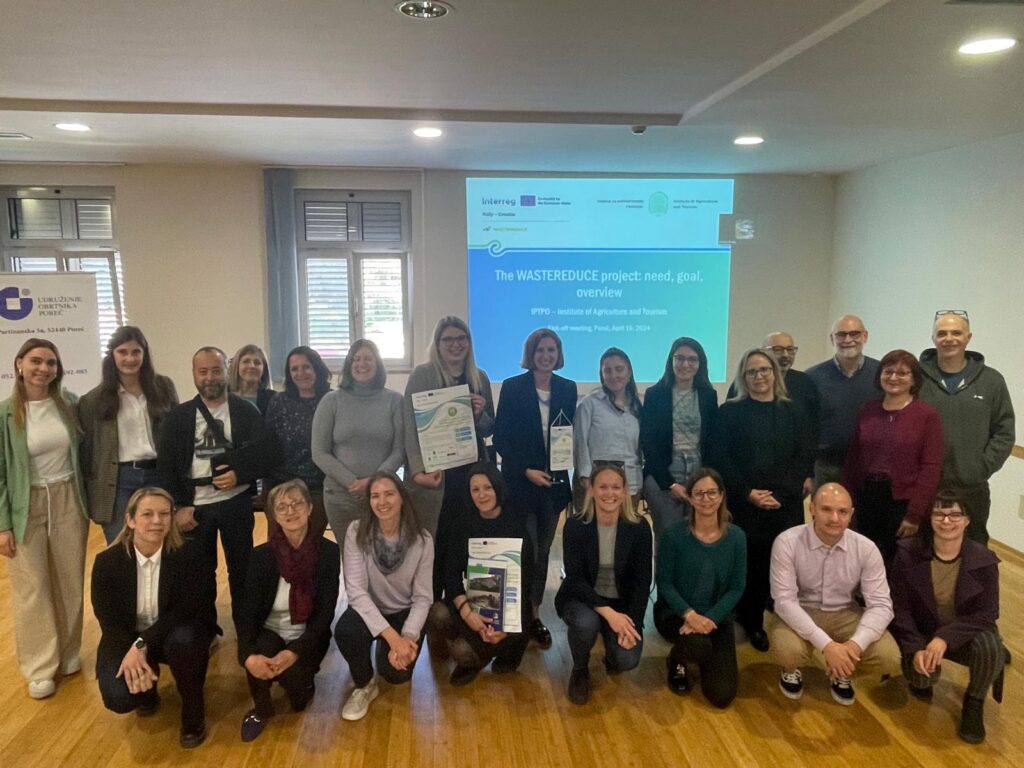Integrated waste reduction strategies and solutions in protected and Natura 2000 areas
Funding: 1,6 mln € (0,5 mln € for the Brenta)
Timing: 2024-2026
Despite efforts undertaken locally to conserve and enhance protected areas and Natura 2000 sites, waste is accumulating uncontrollably in these areas due to the increase in visitors, polluting the terrestrial environment (green areas), but also the aquatic environment (blue areas). Waste such as that carried by rivers and generated by coastal tourism, in fact, often ends up in the Adriatic Sea, an area shared by the two countries involved in the project.
The aim of WASTEREDUCE is to improve waste management in protected areas and Natura 2000 sites in Italy and Croatia through concrete actions to monitor, prevent and mitigate the impact of waste to improve the protection and conservation of nature and biodiversity. The project aims to improve existing waste management policies and practices by testing a new integrated and participatory approach and acting on visitor awareness and behavior in protected natural areas.
Further aim is to reduce, at the same time, the environmental and socioeconomic costs associated with waste by providing targeted actions in three identified pilot areas in the two states involved. The just over two-year project kicked off on Feb. 1, 2024, and is part of the Interreg Italy-Croatia program, funded by the European Commission.
WasteReduce and Middle Brenta
In Italy, the area afferent to a stretch of the Brenta River in the Veneto regional territory has been identified as a pilot site, in addition to the western Istrian coast and Sakarun Bay in Croatia. Together, the three territories offer a unique perspective on waste management and heterogeneous spatial coverage in terrestrial, riverine and coastal environments, making the WASTEREDUCE approach original and innovative.
In addition to being responsible for the project activities carried out in the Middle Brenta together with Etra, Etifor’s role will primarily be to develop a cross-border participatory strategy that targets waste reduction in all three areas of interest, adapting it to their specific characteristics and needs. The strategy will include:
- institutional and policy tools
- assessment of the environmental and social cost of waste
- innovative financing strategies
This process will involve the involvement of local stakeholders as well as the integration of the specific technical knowledge of all project partners: local and regional authorities, managers of protected areas and Natura 2000 sites, academic institutions, private individuals and sector NGOs.


- Istituto di Agricoltura e Turismo di Parenzo (ITPTO)
- Etra
- Etifor
- ARPAV
- Natura Histrica
- SUNCE
- Università degli Studi di Trieste
- Regione Istriana
- Natura Jadera (partner associato)